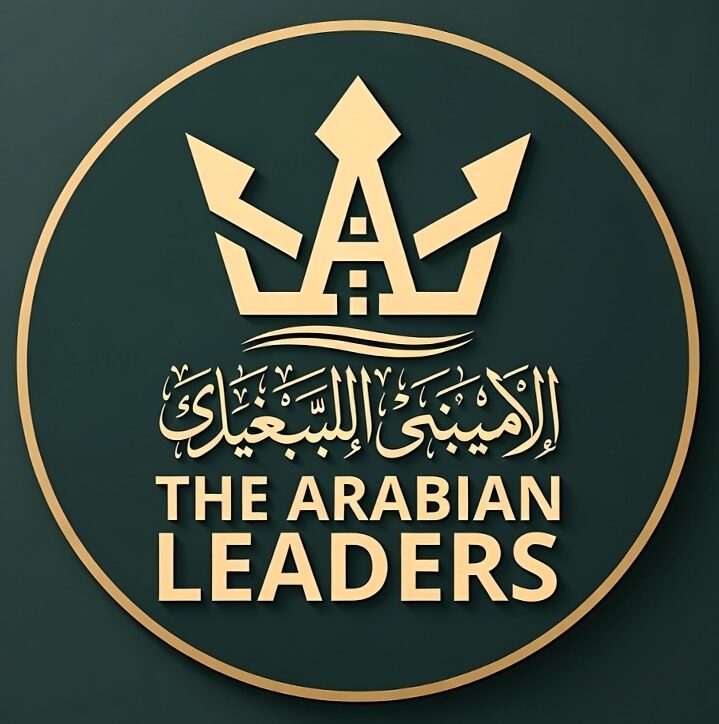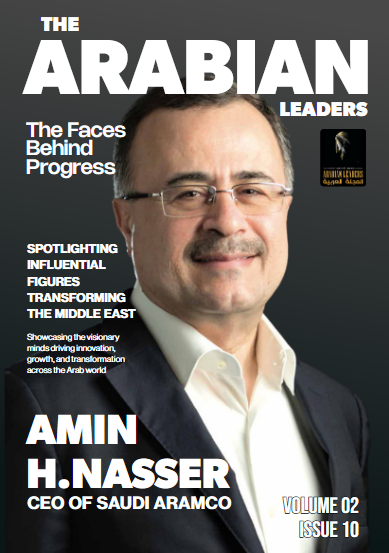There are moments in a nation’s journey where history quietly shifts beneath the surface, not in loud revolutions, but in courageous appointments and symbolic breakthroughs. One such moment for Saudi Arabia came in 2009, when a woman was appointed to a ministerial-level role for the first time in the Kingdom’s history. That woman was Nourah Al Fayez—a pioneer, an educator, and a changemaker whose presence in the Saudi Cabinet marked a subtle but powerful shift toward inclusivity and progress.
Nourah Al Fayez’s legacy is more than a historical footnote. It is a study in principled leadership, the strategic use of education as a tool for empowerment, and the role of women in Saudi public life. In the years that followed her appointment as Deputy Minister of Education for Girls’ Affairs, she led quietly but purposefully, focusing on systems, reforms, and a gradual reshaping of the nation’s educational landscape.
Her story is not one of celebrity or media spotlight, but one of substance and strategic contribution. As Saudi Arabia continues its journey under Vision 2030—championing diversification, innovation, and gender parity—Nourah Al Fayez remains a foundational figure whose impact helped pave the way for today’s generation of female leaders in government, education, and the private sector.
ACADEMIC EXCELLENCE AND A VISION FOR EDUCATION
The foundation of Nourah Al Fayez’s contribution lies in her deep commitment to education. Born and raised in Saudi Arabia, she pursued academic excellence from an early age and went on to earn a master’s degree in Educational Technology from Utah State University in the United States—a significant achievement at a time when few Saudi women studied abroad.
Her educational journey exposed her to international standards of teaching, curriculum design, and academic leadership. It shaped her belief that education was not just a profession, but a tool for national transformation.
Upon returning to Saudi Arabia, Nourah applied her knowledge not only as a teacher but as a strategic planner in the Ministry of Education. She quickly rose through the ranks, earning respect for her professionalism, policy knowledge, and unwavering focus on educational quality.
Her academic background gave her a strong grasp of systems thinking, innovation in teaching methodologies, and the integration of technology in schools—principles that would later define her leadership style in public office.
A LANDMARK APPOINTMENT THAT CHANGED THE CONVERSATION
In 2009, King Abdullah made a historic decision that sent ripples across Saudi society and the global media. He appointed Nourah Al Fayez as Deputy Minister of Education for Girls’ Affairs, making her the first woman in Saudi history to hold a ministerial-level post.
This appointment was not just a symbolic gesture—it was a strategic move in line with the Kingdom’s growing commitment to education reform, women’s empowerment, and the modernization of national institutions.
Nourah’s new position placed her at the heart of a crucial national issue: the education of millions of Saudi girls. Her job was to overhaul a system that had for decades been guided by traditional constraints and bureaucratic rigidity. She was tasked with introducing policies that would enhance teaching quality, school infrastructure, and administrative efficiency for girls’ education across the country.
As Deputy Minister, Nourah focused on core reforms: expanding access to quality education, integrating global best practices, and promoting gender equality in administrative staffing and academic programming. Her leadership style was methodical, collaborative, and deeply rooted in practical outcomes.
Despite the cultural sensitivities that surrounded her appointment, she remained steadfast in her mission. She avoided public controversy and instead focused on creating internal structural change—knowing that true reform is often quiet but powerful.
A COMMITMENT TO SYSTEMIC IMPACT OVER SYMBOLISM
What distinguished Nourah Al Fayez was her refusal to treat her historic position as a ceremonial title. She came into office with a clear agenda: to reform the foundations of girls’ education and to professionalize the management of education services for women in Saudi Arabia.
She championed the recruitment of qualified female administrators across the Kingdom, ensuring that decision-making about girls’ schools would not be dictated solely by male administrators unfamiliar with the specific needs of female students.
She also worked to standardize educational curricula for boys and girls, promoting equity while still respecting cultural values. Her tenure saw the gradual rollout of training programs for female educators, investments in digital infrastructure for girls’ schools, and a closer alignment between national educational objectives and international best practices.
Importantly, Nourah never allowed herself to be reduced to a figurehead. She was a decision-maker, an advisor to ministers, and a manager of multi-billion-riyal budgets for education programs. Her impact was felt not in the headlines but in classrooms, teacher training centers, and policy frameworks that improved the lives of countless students and teachers across the Kingdom.
NAVIGATING CHALLENGES IN A CONSERVATIVE ENVIRONMENT
Being the first woman to hold such a high public position came with intense scrutiny, cultural resistance, and the burden of expectations. In a society that was only beginning to accept the idea of female leadership in public institutions, Nourah had to navigate complex institutional dynamics and societal perceptions.
She faced resistance not only from segments of the public but also from within administrative structures that were slow to adapt to a woman’s presence at the helm. However, her approach was marked by diplomacy, quiet strength, and a focus on results.
Rather than push boundaries aggressively, Nourah built trust within the system. She engaged with key stakeholders—clerics, educators, civil servants, and international advisors—to demonstrate that her leadership was not a challenge to tradition, but an asset to national development.
In this way, she helped normalize the idea of female authority in public service. She made it easier for the next wave of women to enter high-ranking positions—not just in education, but across sectors.
A LEGACY THAT GOES BEYOND POLICY
Though her term ended in 2015, Nourah Al Fayez’s legacy continues to influence the Kingdom’s progress. Many of the administrative systems she helped design remain in place today. The generation of female leaders and educators she mentored has taken up the mantle in various ministries, NGOs, and educational institutions.
Moreover, her tenure helped spark a wider conversation about the role of women in government, long before the sweeping reforms of the Crown Prince’s Vision 2030. She proved that competence, not gender, was the defining factor in leadership effectiveness.
Her calm demeanor, results-driven mindset, and respectful engagement with institutional traditions served as a blueprint for how progressive change could be introduced in conservative environments without backlash or resistance.
IN ALIGNMENT WITH VISION 2030: PAVING THE WAY FOR INCLUSIVITY
Although she served before Vision 2030 was formally launched, Nourah Al Fayez’s contributions are deeply aligned with its core values—particularly the goals of empowering women, diversifying leadership, and raising the quality of education.
Her life’s work serves as a foundational chapter in the Vision’s execution. The increase in women’s participation in leadership roles, the rapid expansion of girls’ education programs, and the improved outcomes in school rankings across the region are, in part, made possible by the groundwork she laid.
Today, as Saudi Arabia pushes toward global competitiveness, many of its educational successes trace back to policies implemented under Nourah’s watch. She was among the first to call for digital integration, competency-based learning, and cross-border academic collaboration—initiatives that have now become national priorities.
INSPIRING A NEW GENERATION OF SAUDI WOMEN
Perhaps Nourah Al Fayez’s most important contribution is the example she sets for young Saudi women. She is proof that integrity, intellect, and perseverance can lead to real influence—even in systems that seem resistant to change.
By breaking the ministerial ceiling, she redefined what was possible for Saudi women. Her story is now part of school textbooks, university case studies, and leadership forums. She is regularly cited as an inspiration by entrepreneurs, educators, and government officials who see her as the woman who opened doors with grace and never asked for applause.
Her life is a message to the next generation: that public service is a noble calling, that change is a patient process, and that courage is often most powerful when it is quiet and strategic.
CONCLUSION: A NATION BUILT BY PIONEERS
As Saudi Arabia continues its path toward reform, women like Nourah Al Fayez remind us that real transformation is built by pioneers—those who step forward when no one else does, who lead with conviction in uncertain times, and who serve with a deep sense of purpose.
Nourah Al Fayez did not demand to be the face of change—she simply became its engine. Her contribution to education, public leadership, and gender inclusion has outlived her official tenure. She remains a respected figure in Saudi society, a mentor to many, and a symbol of principled leadership in a time of great national change.
In the narrative of Saudi Arabia’s future, Nourah’s name is not just remembered—it is revered.








